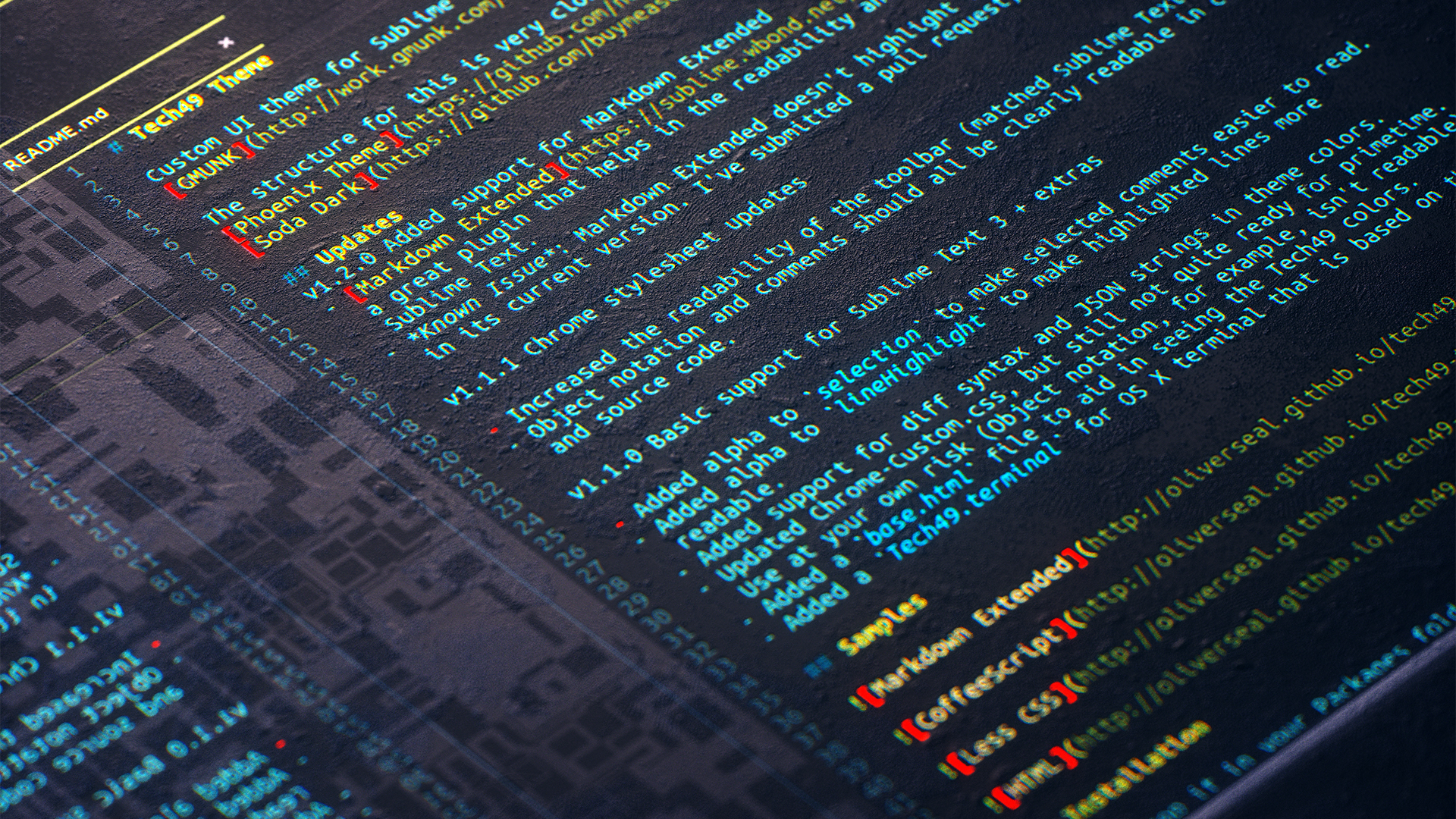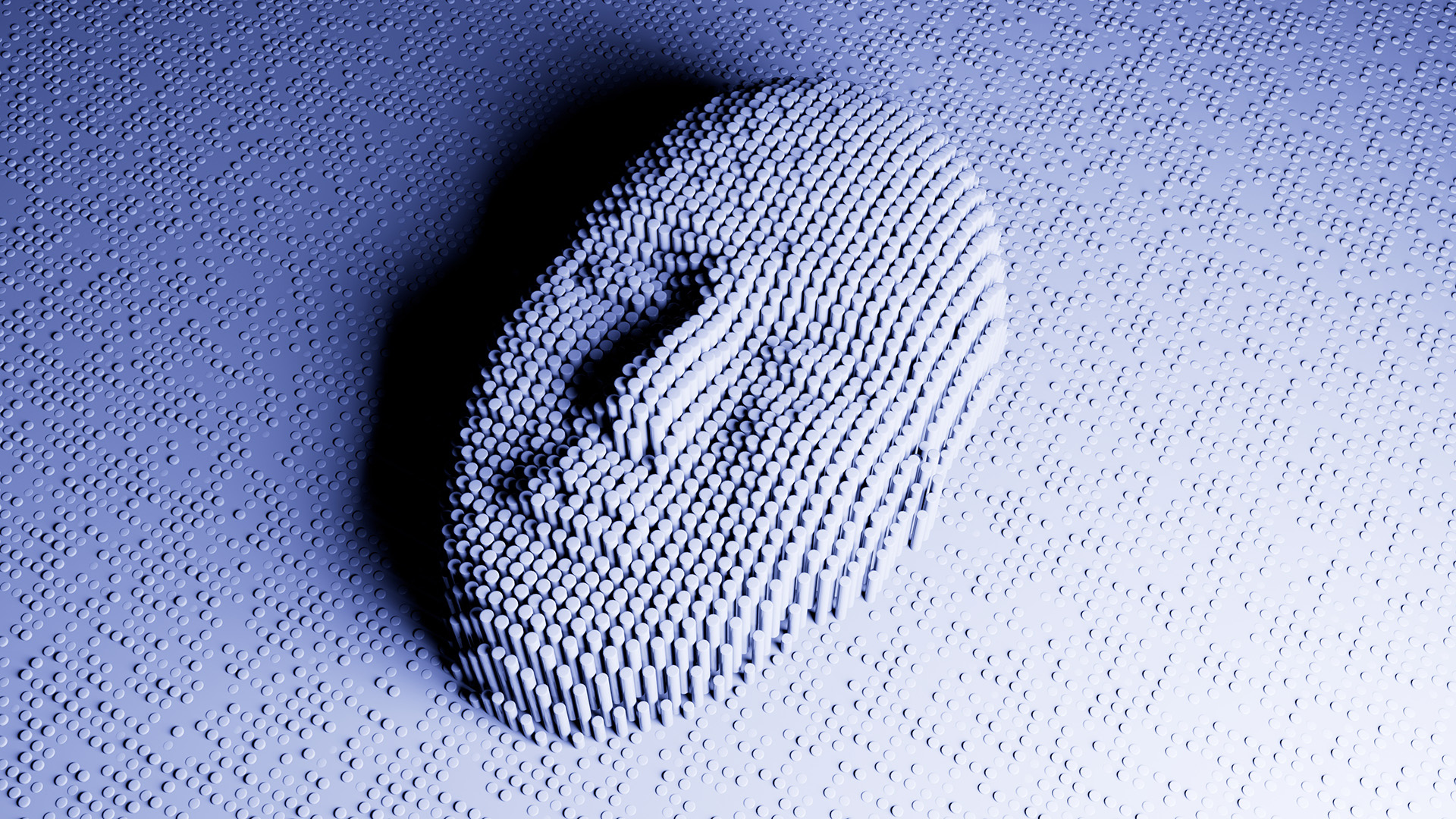European Commission calls for cyber security proposals
With a special focus on healthcare, the Commission is looking to allocate €145.5 million


The European Commission is making €145.5 million available to help small and medium-sized enterprises and public bodies to boost their cybersecurity, with specific help for hospitals and healthcare providers.
It's launched two calls for proposals. The first is part of the Digital Europe Programme, with a budget of €55 million, €30 million of which will go to enhance the cybersecurity of hospitals and healthcare providers.
€15 million will go to post-quantum Public Key Infrastructures, meanwhile, with €10 million allocated to enhance the Network Connectivity Center (NCC) Networks.
The plan is to help organizations detect, monitor, and respond to cyber threats, particularly ransomware. The aim is to have identified the key ransomware strains targeting healthcare by the end of this year, and to set up a ransomware recovery subscription service by 2026.
"This will boost the resilience of the European healthcare system, especially in the current geopolitical context, aligning with the EU action plan on cybersecurity in hospitals and healthcare," said the Commission.
The fund will be used for pilot projects including national or regional hospital clusters, healthcare systems, professional associations, and cybersecurity service providers.
These could include, for example, the creation of security operation centers offering real-time monitoring, threat detection, and rapid incident response, as well as the use of cybersecurity tools including Security Information and Event Management (SIEM) platforms, threat intelligence, and automated response capabilities.
Sign up today and you will receive a free copy of our Future Focus 2025 report - the leading guidance on AI, cybersecurity and other IT challenges as per 700+ senior executives
The second call, forming part of the Horizon Europe Programme, has a budget of around €90.5 million. It will, said the Commission, support the use and development of generative AI for cybersecurity applications and new advanced tools and processes for operational cybersecurity, along with privacy-enhancing technologies and post-quantum cryptography.
Of this, €40 million will go to generative AI for cybersecurity applications, €23.55 million on new tools and processes for operational cybersecurity, and €11 on privacy enhancing technologies.
Security evaluations of Post-Quantum Cryptography (PQC) primitives will get €4 million, with €6 million for the security of implementations of PQC algorithms and another €6 million for the integration of PQC) algorithms into high-level protocols.
Proposals for the first call can be submitted until 7 October here, with the second here, open until 12 November.
According to the Commission, in 2023 alone, EU countries reported 309 significant cybersecurity incidents targeting the healthcare sector -- more than any other critical sector. And the call for healthcare cybersecurity proposals follows an EU action plan launched earlier this year.
"Digital technologies and health data-driven solutions have opened unparalleled opportunities in healthcare. They enable precision medicine, real-time patient monitoring, and seamless communication between healthcare providers across borders," said Olivér Várhelyi, commissioner for health and animal Welfare.
"But digitalization is only as strong as the trust it inspires and resilient from cyberattacks. Patients must feel confident that their most sensitive information is secure. Healthcare professionals must have faith in the systems they use daily to save lives."
Emma Woollacott is a freelance journalist writing for publications including the BBC, Private Eye, Forbes, Raconteur and specialist technology titles.
-
 EU lawmakers want to limit the use of ‘algorithmic management’ systems at work
EU lawmakers want to limit the use of ‘algorithmic management’ systems at workNews All workplace decisions should have human oversight and be transparent, fair, and safe, MEPs insist
-
 Small businesses can't get cyber strategies up and running – here's why
Small businesses can't get cyber strategies up and running – here's whyNews SMBs are turning to outside help to shore up security as internal strategies fall flat
-
 Using AI to code? Watch your security debt
Using AI to code? Watch your security debtnews Black Duck research shows faster development may be causing risks for companies
-
 Organizations warned of "significant lag" in deepfake protection investment
Organizations warned of "significant lag" in deepfake protection investmentnews Defenses are failing to keep up with the rapidly growing attack vector, with most organizations being overconfident
-
 Teens arrested over nursery chain Kido hack
Teens arrested over nursery chain Kido hacknews The ransom attack caused widespread shock when the hackers published children's personal data
-
 Middlesbrough Council boosts cybersecurity spending, strategy in response to repeated cyberattacks
Middlesbrough Council boosts cybersecurity spending, strategy in response to repeated cyberattacksNews Councils across the UK have publicly struggled with maintaining services in the face of major cyber disruption
-
 Foreign states ramp up cyberattacks on EU with AI-driven phishing and DDoS campaigns
Foreign states ramp up cyberattacks on EU with AI-driven phishing and DDoS campaignsNews ENISA warns of hacktivism, especially through DDoS attacks
-
 Cybersecurity leaders must stop seeing resilience as a "tick box exercise" to achieve meaningful protection, says Gartner expert
Cybersecurity leaders must stop seeing resilience as a "tick box exercise" to achieve meaningful protection, says Gartner expertNews Collaboration between departments and a better understanding of organizational metrics are key to addressing security blindspots


